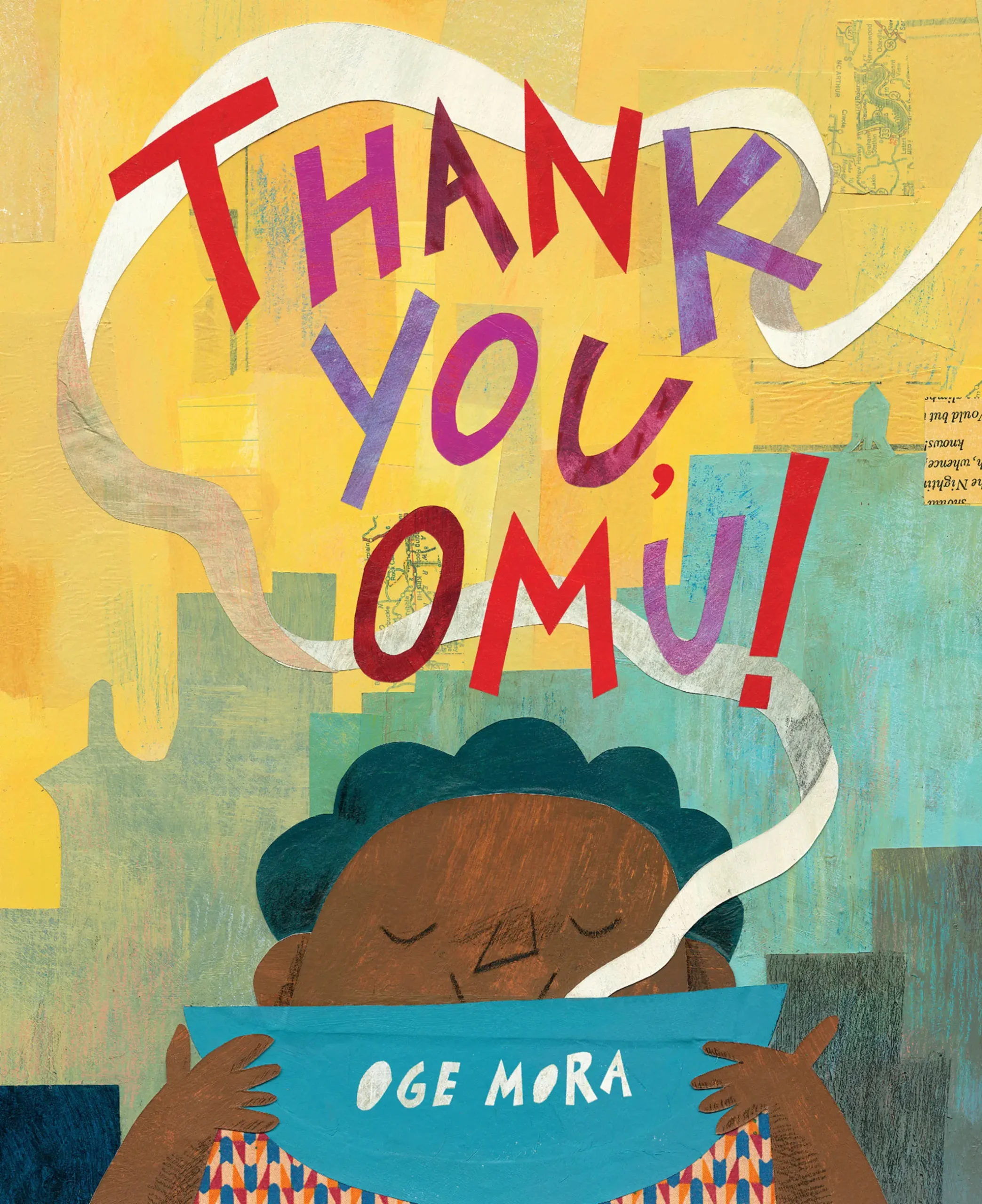
Art Form: Theatre
Supplies Needed
Thank You, Omu! book
Paper and pencil
Vocabulary
Character - A person in a story, or an animal or other entity that has human characteristics
Character profile - A list of facts or traits that make a character unique
Backstory - The history or background created for a character in a scene or play
Monologue - A longer speech spoken by a character in a scene or play
Instructions
1. After reading the book, Thank You, Omu!, go back and look through the story (both the text and the illustrations) for clues about Omu’s personality and life. Write down any clues you find to create a character profile of Omu.
2. Write a list of questions about things the book doesn’t tell about Omu. Some examples are: What is or was her profession (job)? Does she have grown children? What hobbies does she have?
3. Imagine Omu’s backstory, describing her life over the years, including things like where she has lived, her life as a child, people in her family, jobs, travel, hobbies, etc. Remember, you are creating Omu’s backstory, so you will be making it up. Just be sure that it makes sense in the context of the book and who the book describes Omu to be.
4. Develop a monologue for Omu, or for someone in her life who we don’t see in the book, about Omu and her life.
Extensions
Make a map to go along with the monologue, showing important places in Omu’s life. It can be a map of a city, a map of the world--wherever you imagine she’s gone in her life.
Write an entry in Omu’s journal, or a social media post, for the night of the big community dinner. How would Omu describe and document it?

About
The REimagining and Accelerating Literacy through Arts Integration (REALAI) grant supports the literacy achievement of 3,200 students and 170 teachers, media specialists, and literacy coaches across six schools in Georgia and South Carolina.
In addition to professional learning for educators, this project contributes significantly to school library collections through the purchase of developmentally appropriate and culturally relevant books.
This grant also includes parent events to provide families with access to books and other content about how to support their child’s reading development.
